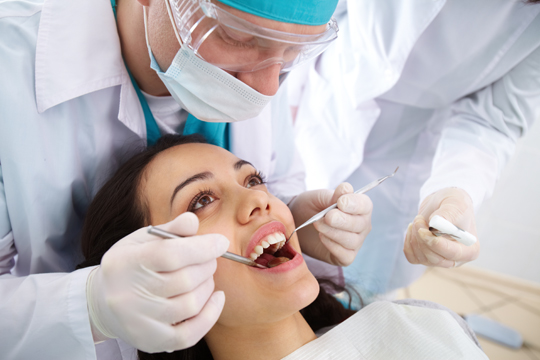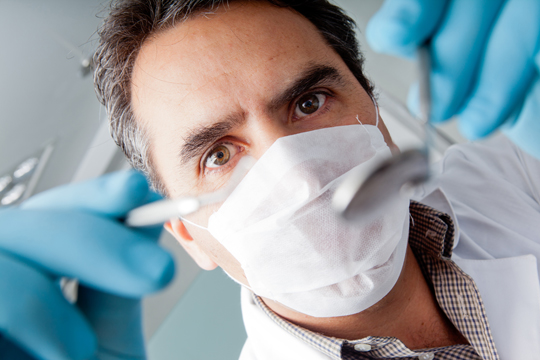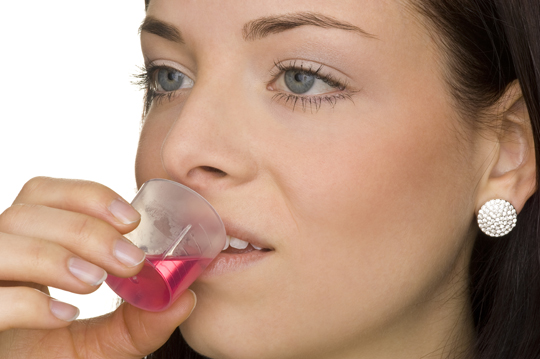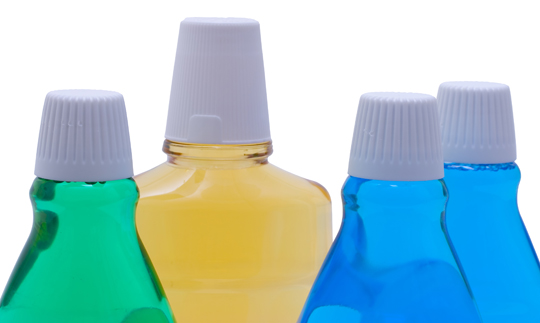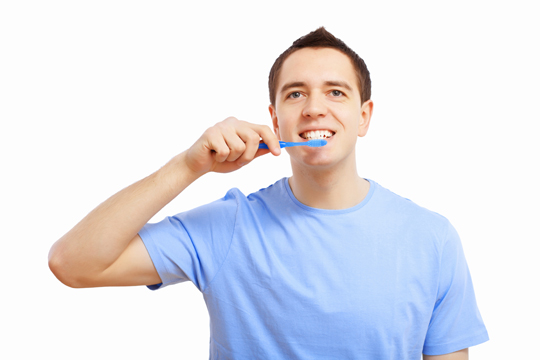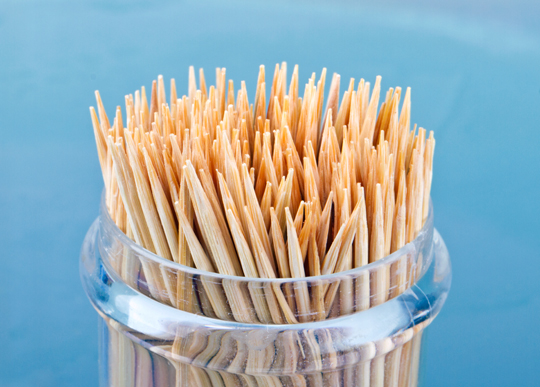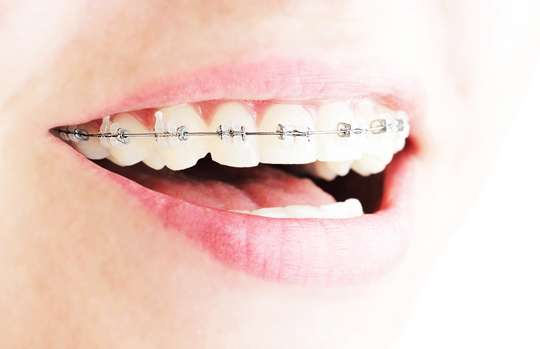Just like most people, you will probably need some kind of dental surgery at some point in your life. Fortunately, these days, thanks to major advances in technology, dental surgery is no longer as painful and scary as it used to be.
If you need to undergo dental surgery, it is important to understand what a particular procedure involves, and what you need to expect about the costs.
What Is Oral Surgery?
Oral surgery involves procedures such as:
– Teeth extraction
– Wisdom teeth removal
– Gum tissue removal
– Root canals
– Dental implants
– Jaw surgery
Decaying teeth that can no longer be repaired are removed; otherwise, they might jeopardize other teeth as well. Sometimes wisdom teeth are crooked or cause infections, which might harm to neighboring teeth. In this case, it’s best to have them extracted.
A root infection requires the removal of the root canal and the pulp of the tooth. Then, the tooth is filled, and a cap is placed on it.
Jaw surgery may be performed for cosmetic purposes or because a misaligned jaw can impair chewing or breathing.
What Should You Expect about Oral Surgery Cost?
Oral surgery cost will vary from one procedure to another. In addition, depending on your particular situation, you may need to pay more or less for dental surgery.
For example, teeth extraction is one of the cheapest forms of oral surgery. The same goes for root canals. As for dental implants or jaw surgery, the cost is much higher. It depends on how many implants you need or how complex your jaw surgery is.
While some of the procedures may be performed by your dentist, for others, such as jaw surgery, you might be referred to a specialist. In addition, when you consider oral surgery costs, you need to remember that some procedures are fully covered by dental insurance, while others are only partially covered, or not at all. For an accurate estimate, it’s best to talk to your dentist so that you know exactly what to expect.
Need Assistance?
If you need a dental professional, TalkLocal can make it easier by connecting you with a dentist or oral surgeon in your area. Our service is not only effective, but also free.

